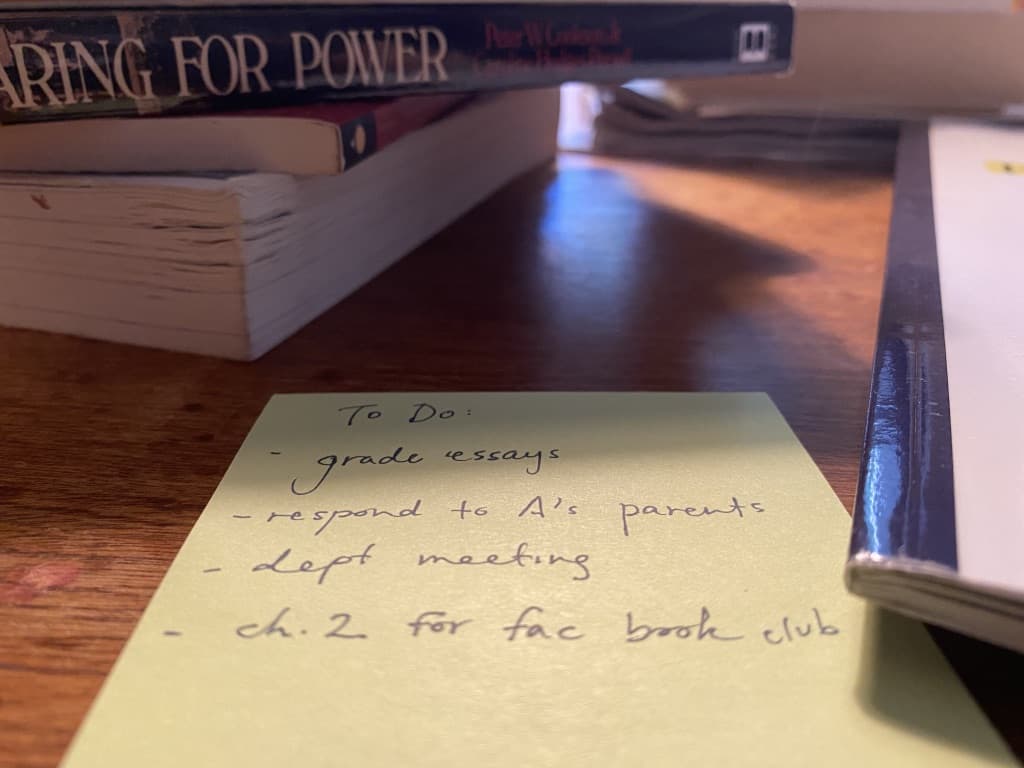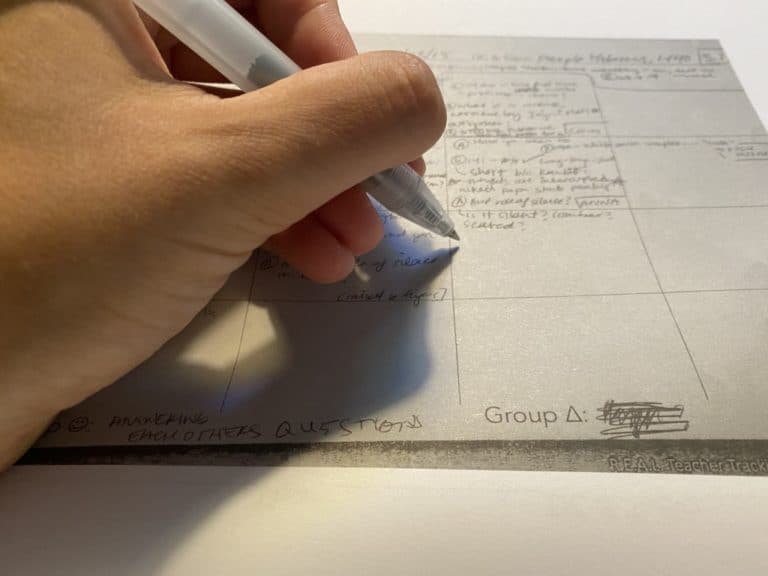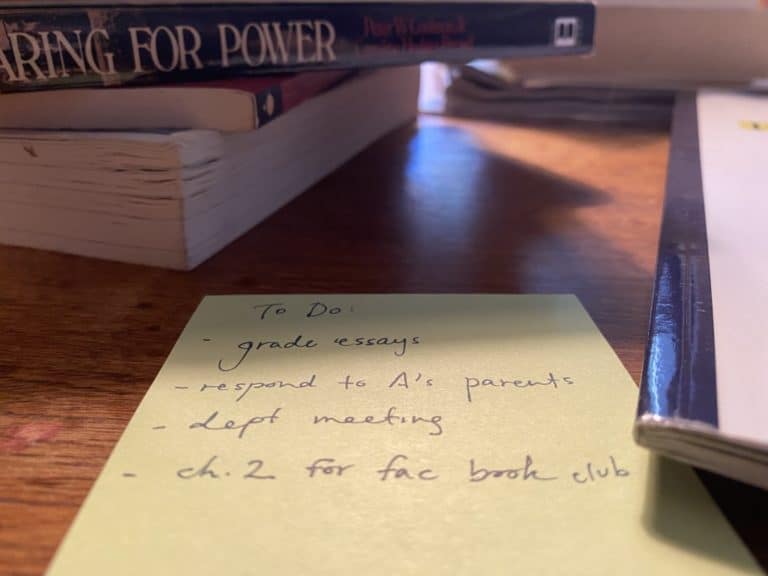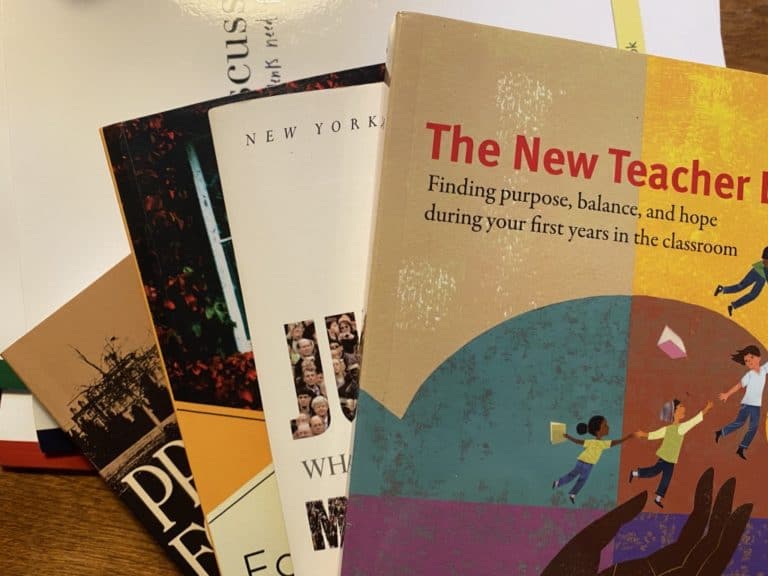Norms, Moral Correctness, and Safety in School
This week’s Beyond the Syllabus confronts the presence, and need, for norms that extend beyond rules to make schools — and societies — function.
Opinion: Jamelle Bouie, “Oh, Now You Believe in Norms.” Bouie’s analysis of the current Supreme Court confirmation hearing caught our attention for its use and discussion of the popular education buzzword: “norms.” The relationship between normative practices and constitutional certainties is one that generally, in cases of Supreme Court nominations, hasn’t been up for debate. However, as Bouie points out, the same Constitution that enables an appointment in an election year also enables many other rules in relation to the Supreme Court. An example of one such Constitutional affordance is Congress’s right to add seats to the court — a right that, because of normative logic, previous Congresses have not embraced. Rejecting norms in favor of rules alone has consequences for all, as more rules become more urgent in the absence of the norms that mellow them. Translated to the space of a school, we find that the same logic applies. Norms, in classrooms and clubs and homerooms, build comfortable and functional processes for complex systems to work; rules operate as foundations from which to build those norms. We find that the value of norms, and analysis of their relationship and calibration to rules, could be as useful to the function of a school — and its ability to prepare students for the complexities of a democratic process.
Advice: Kristen Senz, “How Leaders can Navigate Politicized Conversations and Inspire Collaboration.” Speaking of politics, it’s election season — as if we didn’t already know. Where Bouie’s article models the presentation of an opinion based on an informed, researched perspective, classroom teachers (and inhabitants of the United States, generally) know that such an opinion is rare, especially in a live, in-person (or on-Zoom) disagreement. Though Senz’s presentation of recent research by Francesca Gino strikes a corporate tone, from a school perspective, aspects of Gino’s research can be informative for teachers who are hoping to foster inclusive, collaborative experiences around political conversations. Perhaps most importantly, Gino’s research notes that using politically (or in Senz’s terms, morally) correct language is shown to increase comfort for all members of a community, regardless of political affiliation. Different words, it turns out, matter to different groups. As teachers, we shouldn’t be surprised by these findings — that people need to hear different language, ideas, and cues in order to feel invited into conversation. But Senz, using Gino’s research, not only provides tactics that teachers can use to show receptiveness to disagreement, but also provides moves and language, like hedging claims and phrasing arguments in positive terms, that can be useful tools to help students develop skills for inclusive, productive political discussion. We recommend this article to anyone.
Student Voice: Julianna Russ, “The LGBTQ+ Experience: A Challenge for Students and Schools Alike.” Russ, a student from Kentucky, reminds us that many firebrand issues, even when politicized, impact students’ safety and belonging in their environments. That safety and belonging, as most teachers acknowledge, is a critical indicator of student success. In Russ’s interview with students in a high school at which, in her words, “a Gay-Straight Alliance was firmly disavowed by a former principal a few years ago,” both she and her peers describe, in clear and specific language, the measures for representation and inclusion that would enhance the safety of their learning environments. The concept of intentionally and unintentionally alienating students is central to many of the interviewees’ experiences; that sense of alienation parallels Senz’s findings, and Gino’s research can offer several steps forward to bolster and systematize the specific needs that Russ outlines in her article. We always love an article from Student Voice, but in honor of last weekend’s National Coming Out Day, we encourage all teachers, from all different school environments, to check in with the voices of Russ and her peers and assess areas for growth as allies and guides for LGBTQ+ young people.




